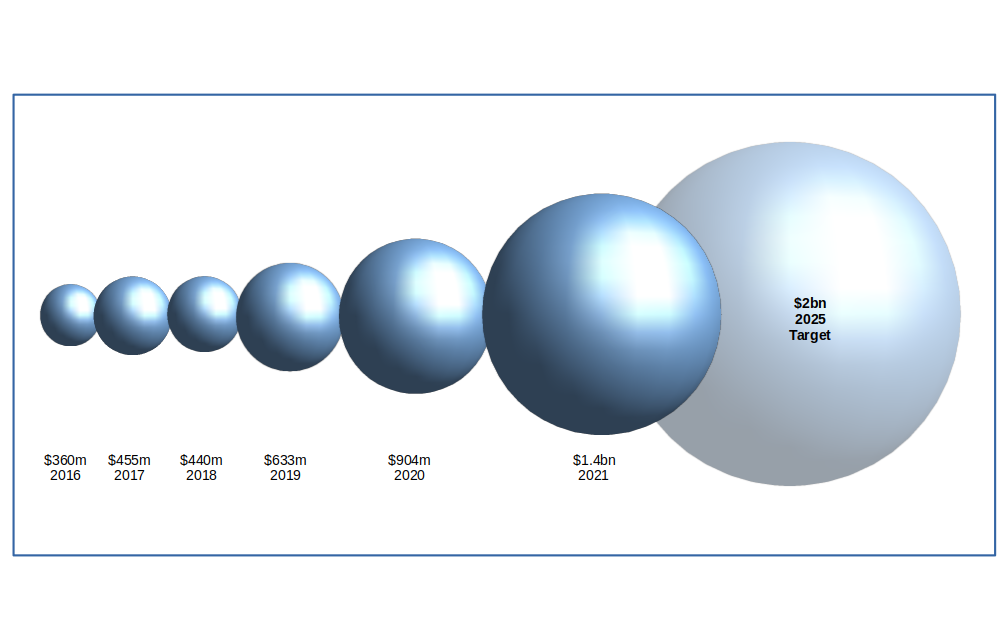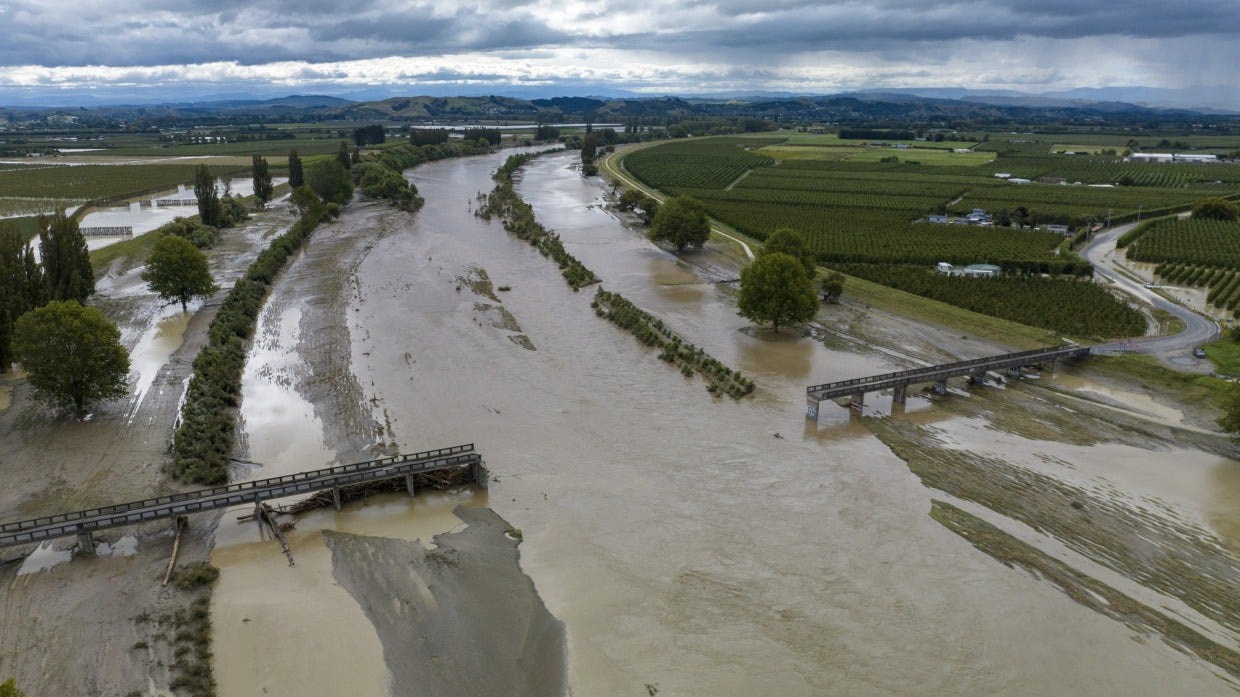
Better flood risk management; Reputation and recruitment; Climate change spreading disease.
We need better flood risk management; Reputation and recruitment; Climate change spreading disease.
Staying above water: a systemic response to rising flood risk.
This is the title of a recently published report from Marsh McLennan. It highlights the alarming rate at which flood risk is growing globally, estimating that currently 18% of the global population is exposed. Even limiting post-industrial average global temperature rises to 2oC could double that percentage.
The key message from the report is that given the lack of resilience to recent events, lead author Swenja Surminski argues that "society must urgently transform its approach to flood risk management."
She adds that flood risk management will play out along three areas:
- Learning to live with floods - building resilience to local-level, low intensity events.
- Building strategic protection - large scale interventions protecting critical assets, ensure financial resilience.
- Preparing for relocation - timely, equitable and financially sustainable resettlement.
Finally there is a discussion on enablers to make that transformation including transforming land use and infrastructure planning, mobilising financial capital and a shift to a resilience-focused insurance system.
On those last two points, we discussed the insurance industry is uniquely set up to create impact and risk-adjusted returns 👇🏾

For sustainability professionals, understanding and relaying to the board that this is a strategic risk that requires consideration of how resilient a business is paramount. 'Resilience' after all is just 'sustainability' said with a different accent.
For homeowners, a working paper from CESifo made an interesting point about economic loss linked to climate change.
We are all familiar with the immediate loss from damage from the near-term occurrence of an actual disaster, but it is the loss of residential insurance that will likely be the first mechanism by which homeowners experience material economic loss directly attributable to climate change. Since mortgages are typically conditional on insurance (especially at the time of issuance), the withdrawal of residential insurance results in an immediate drop in property values.
In 2015, the (NZ) Parliamentary Commissioner for the Environment estimated that in some locations, a 10 cm sea level rise will turn what is currently a 1-in-100 year storm into an event that happens once in every 20 years.
Link to blog 👇🏾

Reputation and recruitment.
The reputation of your business is almost certainly having an impact on your most important long term asset, the ability to recruit the best people. Not just entry level graduates, but all through the organisation. This might not generate the same headlines as the short term share price impact, but it's probably having a much greater impact than you think on how the value of your company is perceived. We would argue that working to enhance the reputation of the organisation you work for is one of the top 5 contributions that Sustainability Professionals can make to enhance the value of the business. And by that I don't mean trying to hide things. We mean making sure that you actually do the right thing, preferably first time around. Reputation building should not be just about fighting fires.
The finance world (and many journalists) tend to think about reputational damage in terms of the direct impact on a company's future profits, and hence their share price. One of the first commentaries we saw on the resignation of the BP CEO, following what was described as "a lack of full disclosure" regarding personal relationships with colleagues, talked about how shareholders might react. Was this good news or bad news for the (near term) share price?
But, reputational damage also has more important longer term impacts. As Alison Taylor highlighted in a recent LinkedIn post on the latest scandal to hit McKinsey, "I’m left thinking that one of McKinsey’s biggest strengths has long been its super effective approach at hiring young, idealistic graduates. But this is now becoming its biggest vulnerability".
The McKinsey pitch, that you could have it all - a good paycheck, respect from your peers, and the ability to do good, is starting to look frayed around the edges, if not totally unravelling.
For many businesses their future value is created by what the financial world calls intangible assets. And the most important intangible asset is the people who work for you. So what happens when it gets harder to employ the best. When potential employee's just don't support your 'brand' any more?
We are seeing this in mining, something we highlighted in a recent LinkedIn post. Before you think that this is not your industry, I don't work in Mining, this is likely to be the beginning, not the end of a trend. Reputations are more easily lost now.
We have written previously about the dangers of inadvertent greenwashing which impacts reputation but is also a factor that potential recruits look at. Unfavourably. 👇🏾

Climate change spreading the impact of infectious diseases.
Tropical diseases are coming to a community near you, even if you live in the temperate 'north'. A recent FT article highlighted this topic, which we wrote about last year (perhaps they read our blogs? ).
Some health issues that will arise from climate changes and environmental degradation don't tend to get the attention they deserve. In part this is because they are new risks, rather than just an amplification of what we are already seeing. Putting this another way, most businesses know they need to plan against increased levels of flooding. It's an understood impact, and so we know what we need to do, although implementation is often our weak spot. But many health impact changes are new, so we need to think differently about how we plan for them.
This is where sustainability professionals have an important role to play. Regular readers will know that we argue that sustainability must be a key input into any business's strategy. The role of sustainability professionals is not just to look forward and highlight what might be coming. It's also to portray these issues in a way that resonates with their finance and operational colleagues. Sustainability is not just an ethics issue, it's also a financial one. And leveraging off both factors makes it more likely that we will be able to generate action rather than just talk.
Some health issues, such as an expected increase in tropic and infectious diseases, need a different approach to other climate changes related risks.
First up, what is the challenge. The FT article highlighted a report by researchers at the University of Hawaii which indicated that some 58% of all infectious diseases encountered by humans can be aggravated by climate change. The main mechanism is a changed environment for the vectors of transmission, mainly mosquitoes and ticks. Illnesses that could increase include malaria, dengue fever and Lyme disease.
So, why is this an issue that sustainability professionals need to start acting on? This might seem like something that governments and health services need to act on, not companies. As well as the obvious impact on travel and tourism companies, think about the possible impact on recruitment and retention. If you have operations in say Southern Europe, or your staff travel there a lot, you will need to keep your staff healthy. Which could mean stepping up your preventative measures. And, you need to think about your ability to attract new recruit's or even your ability to persuade employees to travel.
You may not remember the reaction to the surge in Zika incidents in Latin America. Zika is spread by the Aedes aegypti mosquito, which also spreads dengue and chikungunya. In 2016 the US Centers for Disease Control and Prevention issued an alert advising pregnant women to consider postponing travel to Brazil and other Latin American and Caribbean countries. Which in turn caused a rash of cancelled holiday's and business trips. If you are trying to attract new employees, these diseases will make them think twice, or even look elsewhere.
This is another example of where sustainability professionals can make a real difference to the financial sustainability of the businesses they work in, helping to anticipate and prepare for change.
Link to blog 👇🏾

Please read: important legal stuff.


